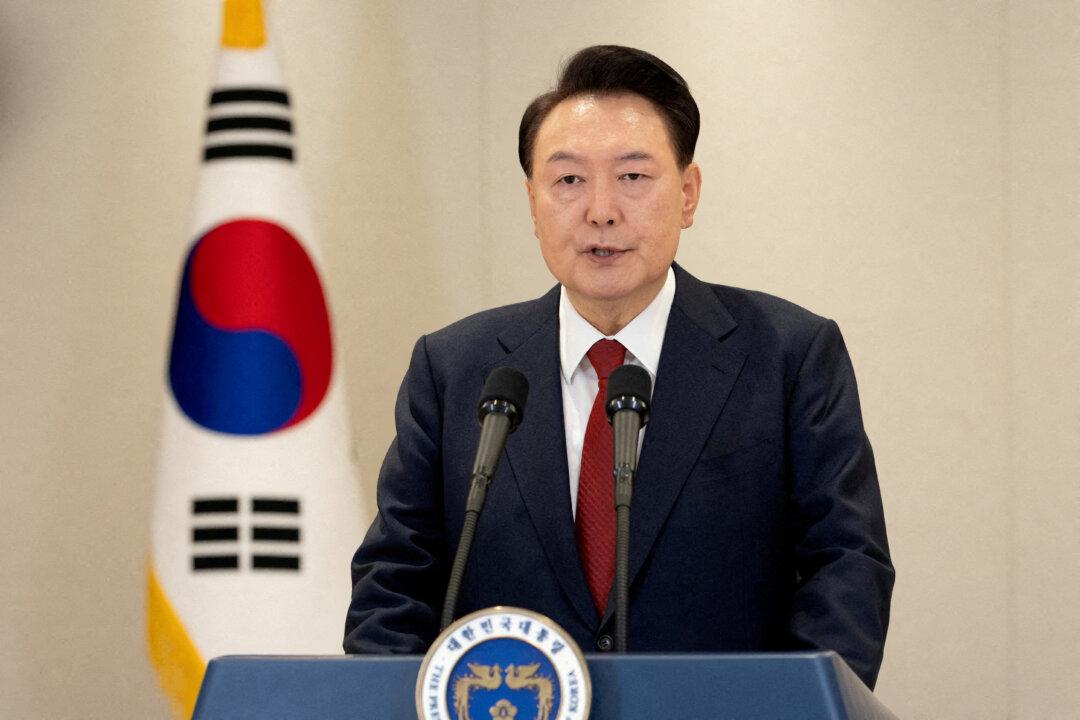A South Korean court has issued an arrest warrant for suspended President Yoon Suk Yeol over his imposition of martial law earlier in December.
The warrant also allows for his office and residence to be searched in connection with the ongoing investigation into the events of Dec. 3, when Yoon declared martial law, only to reverse the decision six hours later.





